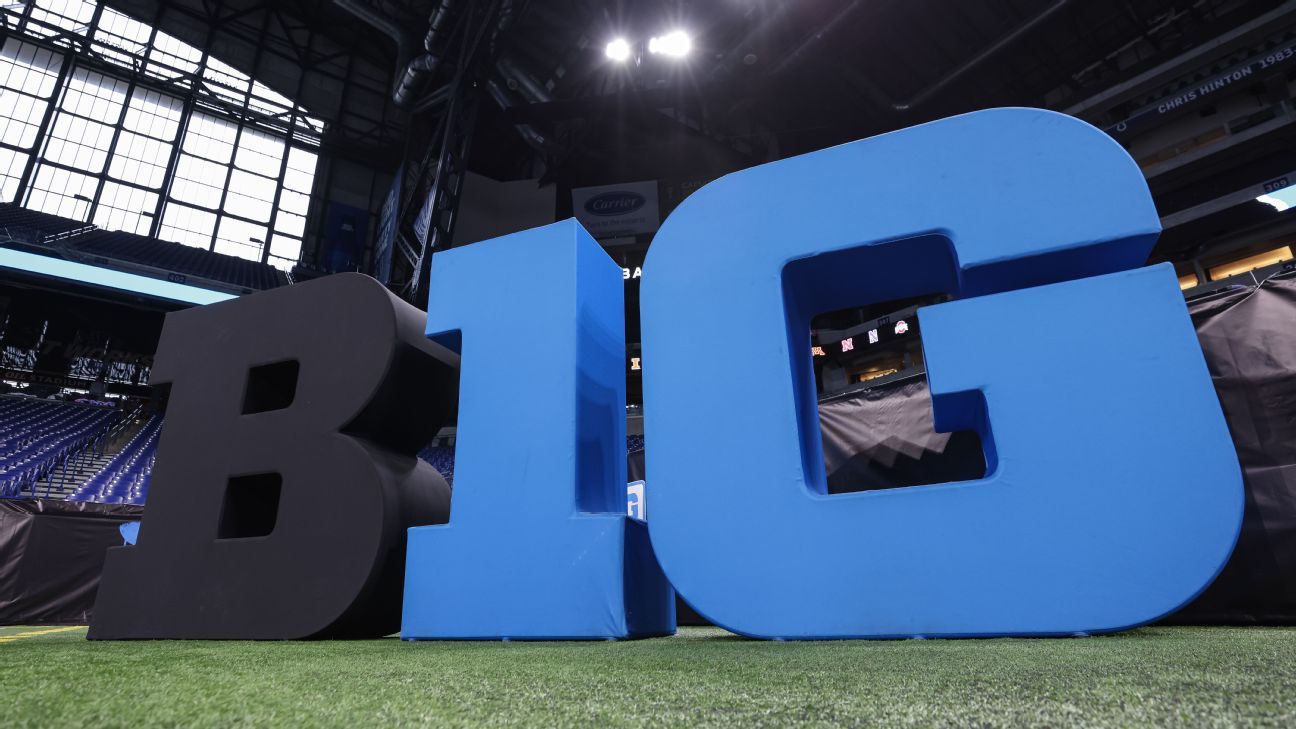I’ve read articles about it and all the conferences have looked into it and eventually cooled off.
It doesn’t mean things can’t change in the future though. If someone takes the first step others might follow suit….similar to the BTN and then conference networks becoming a thing.
I’d just use it as pick your brain like Al Davis did interviewing coaches he had no intention of hiring lol. What untapped revenue opportunities do they see that aren’t being utilized.
What I was saying about someone taking the first plunge. Also they can advise ADs to stop giving out these ludicrous contracts lol.
If it ever did happen imo it should be used on revenue generating assets like more premium seating for football and basketball and not player or coaching compensation and the like.
From the article:
Commissioner Tony Petitti has continued to push the concept on the league’s agenda, to varying degrees of prominence, since first soliciting proposals in January. Industry and conference sources tell
Sports Illustrated the Big Ten’s talks have centered around three of the biggest private equity firms in the country—Apollo Global Management, Sixth Street Partners and Ares Management—and that a decision on moving forward with a potential deal could happen before the end of October.
Ask those who have been in the weeds with such proposals or in meetings with private equity executives and you will get a somewhat different outlook. Mostly, there is less surprise over the fact that a rich and powerful league is going down this road and more so that the historically stodgy Big Ten appears to be first.
“Everybody is waiting for somebody else to go first,” says one athletic director outside of the conference. “Nobody wants to be first mover, but if the Big Ten does do it, then [other schools and conferences] are going to be right behind them.”
Almost all in college athletics who are considering similar cash infusions are not treating such agreements as potential private
equity transactions but rather as private
capital deals without the level of control typically associated with the former. That’s a key distinction for both legal reasons, given the various state institutions and nonprofits involved, and a perception one for university presidents and chancellors who are wary of any public blowback.
Indeed, many who have explored doing something on the campus-level have noted that there is an aspect of entering into a strategic partnership with a big firm that can assist in plenty of other areas.
Sixth Street also owns Legends Global, which is one of the premier venue and stadium operators in the world and has extensive experience in everything from merchandising to food and beverage (some Big Ten schools already partner with the company). Most firms also have substantial real estate expertise and could be key resources for schools that are considering turning some parts of their campus around their football or basketball stadiums into broader multiuse districts similar to what Kansas and Iowa State have done recently.
Of course, any such investment is not without risk. Private equity firms are notorious for looking to cut costs and often spin off valuable assets on top of levying large management fees. Sometimes they charge interest rates well above the market rate, too.
Some of those issues can be mitigated at the college sports level by cutting out the equity and management piece that would be limited in a capital deal, but just how much of a say such firms will have in a league or on a campus after putting up $2 billion or more of their own cash remains an open question.




